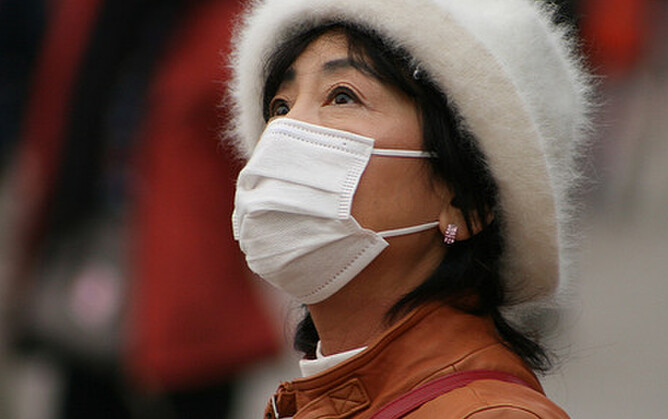It is the silent killer.
As societies become more industrialised we put more pressure on the planet. But the completion of that 'vicious circle' is when this pressure comes back on us, as an additional health burden.
Outdoor air pollution is a classic example - it has risen 8% in the last 5 years and according to WHO, the impact on health is also rising.
WHO collected data from 3,000 cities around the world and while the health impacts of rising pollution are worst in fast-growing countries in the Middle East and SE Asia- nowhere escapes the effects.
Outdoor air pollution now causes more than 3 million deaths a year, more than malaria and HIV aids – it is the world's biggest single killer. And the toll is expected to double by 2050.
WHO are not mincing their words on how serious air pollution is becoming. "We have a public health emergency in many countries, air pollution is rising and it is wreaking havoc on human health' says Dr Maria Neira, Director of Public Health for WHO.
"It leads to major chronic diseases and to people ultimately dying".
As societies become more industrialised we put more pressure on the planet. But the completion of that 'vicious circle' is when this pressure comes back on us, as an additional health burden.
Outdoor air pollution is a classic example - it has risen 8% in the last 5 years and according to WHO, the impact on health is also rising.
WHO collected data from 3,000 cities around the world and while the health impacts of rising pollution are worst in fast-growing countries in the Middle East and SE Asia- nowhere escapes the effects.
Outdoor air pollution now causes more than 3 million deaths a year, more than malaria and HIV aids – it is the world's biggest single killer. And the toll is expected to double by 2050.
WHO are not mincing their words on how serious air pollution is becoming. "We have a public health emergency in many countries, air pollution is rising and it is wreaking havoc on human health' says Dr Maria Neira, Director of Public Health for WHO.
"It leads to major chronic diseases and to people ultimately dying".

